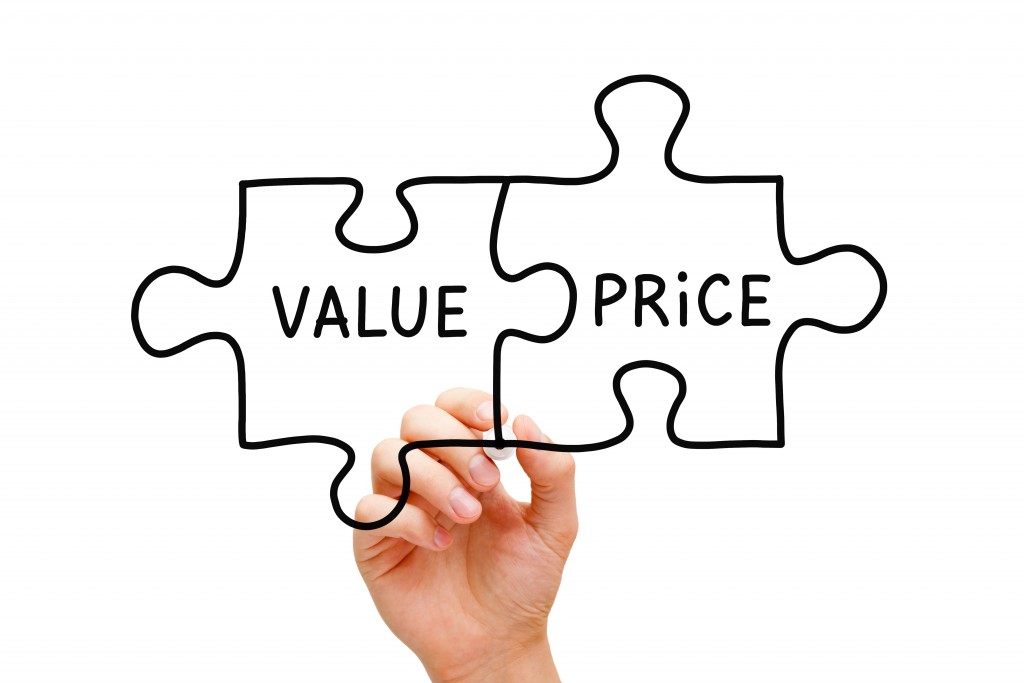Even if you are not looking to sell your business, it’s a good idea to know its market value. But calculating your business’s value isn’t an exact science. Generally speaking, your business, whether it’s a restaurant franchise, digital marketing agency, or cosmetic and lip injections practice, is worth what another individual would pay for it.
Business valuation likewise entails various metrics. Some might have less or more weight based on the specific type of business you have. Working with a professional appraiser will give you a clear idea of your business’s value. For a more general idea, however, you can try calculating it on your own.
Common Methods for Business Valuation
The Asset-based Method
Think of how much you would need to pay for replacing your existing assets with, for example, equipment in the same condition. If your business doesn’t earn enough to surpass your assets’ value, this approach is the easiest way to estimate its value.
The Market Method
Check out businesses that have similar intangible and tangible assets as yours to determine the value of your business. On the other hand, this method might not be in your favor if you don’t operate your business like other similar businesses.
The Income Method
You could try to valuate your business by assessing the post-tax and pretax earnings of your business or using your gross sales as an income metric. Next, you add your tangible assets’ value and designate a multiple to factor in future growth.
Doing The Math

Both the market and asset methods are pretty simple. Here’s how you can use the income method, which is a little more complex than the other two valuation methods:
Establishing Your Business’s Future Earnings
Take a look at the last couple of years. But if you find that your business has significantly changed in the last year, utilize the discretionary earnings from the past year. By assessing your past earnings, you can make a more accurate estimate of your future earnings, considering that nothing tangible changes.
Choosing a Multiple
In most cases, potential investors or buyers may pay more than a dollar for every dollar of your business’s earnings. Usually, the range is between one and three for small businesses. So if your discretionary earnings are about $100,000 and you think that your business merits a multiple of 1.3, you have $130,000 worth of intangible assets.
Adding Net Liquid Assets
Basically, how much would you have left after you pay off your debts? This includes all equipment, cash, real estate, bonds, and stocks. Let’s say that your net liquid assets equal $70,000. Add that to the figure above, which is $130,000, and your business value will be approximately $200,000.
Learning how to calculate your business’s value is crucial for all business owners for plenty of reasons. Regardless of whether you’re applying for funding or selling your business, regularly conducting your business valuation could help you monitor your business’s growth over time. This could also help you discover new opportunities for development and growth.

